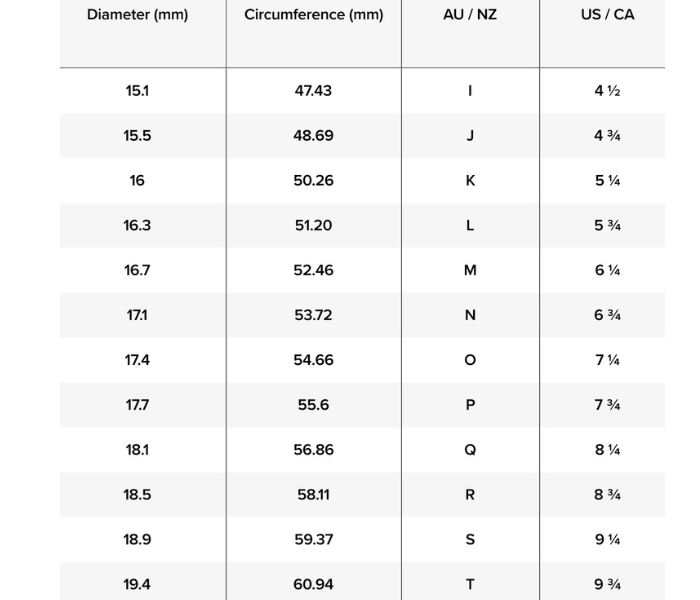ADHD Assessment: A Comprehensive Guide for Parents, Educators

Attention Deficit Hyperactivity Disorder (ADHD) affects millions of individuals globally, influencing focus, impulsivity, and overall daily functioning. Whether you are a parent evaluating your child’s attention difficulties, an educator identifying students who may need support, or an adult facing challenges related to ADHD-like symptoms, understanding the importance of an ADHD assessment is the critical first step toward clarity, support, and effective interventions.
This blog explains what an ADHD assessment entails, why it is essential, and how the process works for different age groups. If you’ve been asking, “Do I—or someone I know—need an ADHD assessment?” this guide will help you make informed decisions and take proactive measures.
Contents [show]
Why Is ADHD Assessment Necessary?
An ADHD diagnosis cannot be based on a quick conversation or a simple checklist alone. A proper ADHD Assessment involves a multi-faceted and in-depth analysis to ensure symptoms are accurately identified and not mistaken for other conditions. It’s about more than just labeling behavior—it provides a roadmap to meaningful support.
Here’s why it matters:
- Early Intervention: Early diagnosis in children ensures timely support to prevent academic and social struggles.
- Clarified Challenges: Educators can understand the student’s needs better, helping create more inclusive and effective learning environments.
- Improved Adult Outcomes: For adults, understanding whether ADHD contributes to professional or personal challenges can lead to significant life improvements.
- Elimination of Misdiagnosis: Symptoms such as poor focus, restlessness, or forgetfulness may overlap with other conditions like anxiety, depression, learning disorders, or even thyroid imbalances. ADHD assessment ensures accuracy.
What Does an ADHD Assessment Measure?
ADHD assessments evaluate symptoms across three primary domains:
- Attention
- Difficulty maintaining attention to detail
- Frequent distraction or forgetfulness
- Hyperactivity
- Restlessness or fidgeting when seated
- Excessive talking or inability to sit still
- Impulsivity
- Interrupting conversations frequently
- Impatience or acting without thinking
Professionals look for a combination of these symptoms that persist over time, significantly affecting an individual’s ability to function academically, socially, or professionally.
The ADHD Assessment Process Across Age Groups
For Children and Teens
Children and teens often exhibit energy and impulsiveness, but repeated challenges with attention and hyperactivity require closer evaluation.
What Happens During a Pediatric ADHD Assessment?
- Interviews and History Review
Parents, caregivers, and educators provide detailed input about the child’s behavior across different settings, such as at home and school.
- Behavioral Observation
The clinician may observe the child directly to understand behavioral patterns.
- Screening Tools
Standardized checklists and questionnaires such as the Conners or Vanderbilt ADHD scales help quantify behavior and attention-related concerns.
For Adults
Adult ADHD is frequently underdiagnosed, as individuals often learn to create coping strategies that hide symptoms—but life demands can reveal lingering difficulties.
What Does an Adult ADHD Assessment Include?
- Self-Reported Challenges
Patients express concerns about focus, memory, organization, or impulsivity in daily life.
- Review of Childhood Symptoms
Adult manifestations of ADHD often begin in childhood. A review of school reports or family recollections can provide valuable context.
- Cognitive Function Tests
These tests measure executive functioning, working memory, and response inhibition, which are commonly affected by ADHD.
For Educators and Schools
Identifying ADHD in the classroom plays a vital role in early support. ADHD assessments for students often involve:
- Feedback from teachers to understand classroom behaviors.
- Collaboration between school faculty and specialized therapists to structure Individualized Education Programs (IEPs).
Who Conducts ADHD Assessments?
Qualified professionals conducting ADHD Assessments typically include:
- Clinical Psychologists
Experts trained to administer diagnostic tests and evaluate behavioral patterns.
- Pediatricians
For younger children, pediatricians are often the first point of contact for ADHD evaluations.
- Psychiatrists
Adult diagnoses, particularly those involving medication, often fall under the purview of psychiatrists.
- Educational Specialists
Within schools, education psychologists may conduct assessments to guide tailored classroom strategies.
Benefits of an ADHD Diagnosis
A formal ADHD diagnosis isn’t just a label—it’s a stepping stone to enhanced well-being. Here’s what you gain through proper diagnosis:
- Tailored Interventions
Access to resources like therapy, time management training, or medication where needed.
- Improved Relationships
Better understanding among family members or colleagues reduces frustration and fosters connection.
- Education Accommodations
Students benefit from classroom adjustments, such as extended test times or seating arrangements, to facilitate focus.
- Professional Growth
For adults, organizational tools and coaching help optimize performance at work.
Common Misconceptions About ADHD Assessments
Some myths create barriers to proper diagnosis:
- “It’s Overdiagnosed.”
Data doesn’t support this claim. Many people go undiagnosed for years, struggling unnecessarily.
- “It’s Just a Phase.”
While children often grow out of developmental behaviors, ADHD symptoms persist without intervention.
- “It’s Only for Kids.”
ADHD impacts adults, too—it’s never too late to assess and address symptoms.
Next Steps After an ADHD Assessment
Once an ADHD Assessment confirms, the next phase is creating an individualized action plan. Treatment options include:
- Behavioral Therapy
Techniques to build focus and regulate emotions, commonly used for children and adults alike.
- Medication
Prescriptions like stimulants or non-stimulants can improve focus and reduce impulsivity.
- Skill Development
Time management, mindfulness, goal-setting, and social communication skills can be developed through coaching or therapy.
How to Begin Your ADHD Assessment Journey
Taking the first step toward an ADHD assessment could be life-changing for you, your child, or your students. Qualified support and guidance are essential to unlock true potential and realize strategies for success.
If you’re unsure where to start, find certified professionals, reliable resources, or consult specialists who offer flexible assessment options (in-person or online). Proper support transforms ADHD from a barrier into an opportunity for growth and understanding.








